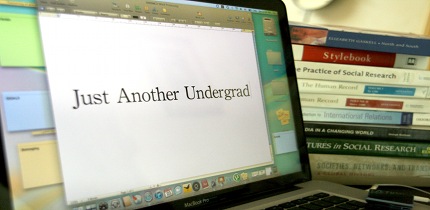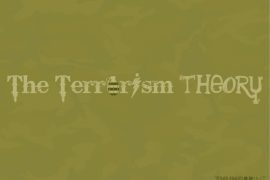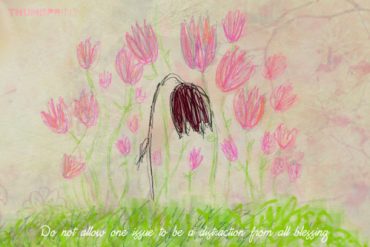Article in brief: Muslim nations have been severely affected over the years whether through colonization, social makeup, or lack of resources. This has led to a form of insecurity within their citizens which sometimes presents itself in extreme forms.

Between the 7th-9th of January, 2015, a series of 5 terrorist attacks occurred across the French capital and its Suburbs. To add spice to it all, it was Muslims who were responsible for the atrocities that took place. Media channels were continuously broadcasting clips of the terrorist mercilessly taking the life of a Muslim French police officer.
Without a doubt, the depiction of the Prophet Muhammad (PBUH) or any regular human being in such a manner is unacceptable and logically could lead to extreme emotional reactions. To be frank, such depictions, in my opinion, are an insult to mankind’s intelligence and definitely a larger insult to free speech. Regardless of the sensitivity of the topic, no excuses can be given for the killing this has led to as a reaction; neither from a religious standpoint nor from any other standpoint.
The issue, as I see it, is multifactorial of which the most important ones are ignorance and lack of achievement (or lack of self-worth). These two factors have led the Muslim societies around the world to a level of insecurity which instigates emotional reactions and a constant pursuit for honor (usually with reference to the past). This can be seen in many levels and issues in society; from the selection of spouses in marriage, selective good conduct towards people who they view “worthy” to the killing, and widespread hatred towards people who disagree with their views. The reason this insane behavior has been successful is the fact that it is backed through misinterpretations of religion and incentivized by the society at large.
The reversing of this state Muslims are in requires significant effort and time. As always, I believe in a coupled approach; a bottom up or education approach along with a top-down or incentive approach. In this case, I believe 3 things can allow us to begin this process:
First, I believe that education is the most important factor in creating a society that is well-rounded and aware of the globalized world we live in. Our education systems should discuss in detail prerequisites of strong economies and flourishing societies throughout history and embed these traits into the youth. They should derive this from historical accounts, modern examples, and Islamic evidence. In my opinion, the way Islam is taught as a by-subject needs to be reconsidered and the Islamic perspective can be integrated in every other topic. This leads to the acceptance of different views, the creation of great examples, and the ability to coexist and understand patiently and analyze rather than react on emotion.
Second, I believe the incentive systems in society require a significant change. There needs to be more Islamic scholars condemning incorrect behavior from atrocities performed in the name of Islam all the way to racism that has seeped into society (marriage, status, employment, etc). Role models need to emerge on the basis of balance; role models that show others that extreme behavior is wrong and does not prevail. Good behavior needs to be rewarded and meritocracy should be the basis for growth in companies, government, as well as society.
Third, Muslim nations need to empower their people in leading this change. Fortunately, in the UAE, the leadership has set a great example whereby encouraging creativity and new approaches to solve issues and grow the nation. This was recently seen in the speeches delivered by the UAE leaders in the Government Summit in Dubai. Its success will depend almost entirely on how much it will be followed by its citizens alongside the above two points.
In summary, Muslim nations have been severely affected over the years whether through colonization, social makeup, or lack of resources. This has led to a form of insecurity within their citizens which sometimes presents itself in extreme forms. I believe that by starting with a strong educational platform, a proper incentive system, and appropriate empowerment of individuals based on meritocracy, we can reverse this insecurity and reduce emotional reactions as well as encourage critical thinking and create great role models.
Only you can begin this…



